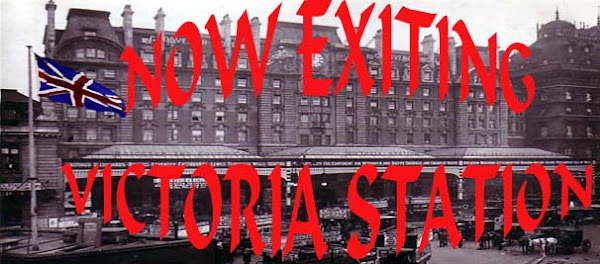I think I’m really benefiting from reading a variety of Woolf’s work. In some ways I feel like To the Lighthouse displays elements of the styles and messages of Mrs. Dalloway and A Room of One’s Own. I realize that A Room of One’s Own was written after To the Lighthouse, but my point is not to suggest that one was a product of the others, but that Woolf herself clearly displayed particular trends in her writing that have leapt out and danced in front of me.
One such line that seems to suggest things to come in A Room of One’s Own is this: “He would like her to see him, gowned and hooded, walking in a procession.” Woolf is noting that men clearly associate themselves with scholarship and scholarship with success. This reminded me of the in class lecture two weeks ago regarding comments Woolf made about how ridiculous men in procession, accoutered in cap and gown and observing archaic traditions were to her. The reason it was significant to me was that as Lighthouse (at least part I) hasn’t an omniscient narrator, the line is actually referring to Tansley’s own conception, conscious or not. Men, Woolf says here, really do place this kind of inordinate importance on procession. On a side note relating to the topic of academia, it occurs to me to wonder if the name Cam (Camilla) was chosen to reflect some connection with the river Cam that runs through Cambridge. I’m not certain what the significance of such a connection might be, but it is interesting none-the-less. If there is a connection there (and in my opinion, Virginia Woolf was far too clever and deliberate no to have made that connection intentionally on some level), how does it connect to Mrs. Ramsay’s opinion of her children: “Strife, divisions, difference of opinion, prejudices twisted into the very fibre of being, oh, that they should begin so early, Mrs Ramsay deplored. They were so critical, her children. They talked such nonsense.” This passage would seem to say that Mrs. Ramsey resents her childrens’ engagement with issues and their predilections toward argument and debate. Does she not want her children to be active intelligent people, involved in the global discussion? Am I placing too much contemporary sensibility onto the work?
Of course the narrative continues the style adopted two years earlier in Mrs. Dalloway. There is no question that Woolf is concerned with recording patterns of thought and the nature of human consciousness far more than she is with constructing a “story.” I can only imagine, though, how tiring it must be to write this type of narrative. It isn’t as though Woolf is simply recording her own thoughts and plopping them into a book. Her work is so finely crafted, every word chosen with incredible care. Since she has to construct each sentence in the narrative, she must therefore invent the patterns of thought that she shows. My question at this point on my Woolf learning journey is what is the difference between meaningful and intentional? Basically, she writes thoughts both profound and mundane; she has to in order to succeed with this type of narrative. Does she believe that the mundane paths that the mind flits down are necessarily meaningful? If not, how does one go about crafting a piece of writing that contains intentionally meaningless elements? If so, well, no wonder she went a bit mad sometimes! There were a couple other things that struck me that I just wanted to mention briefly. I noticed how often in the course of the narrative the large number of children in a particular household was mentioned. At least four times in the first twenty pages or so, “eight children” or “nine children” were brought up for some reason or other. I haven’t any conjectures on the significance of such a repetition, but I’ve always been trained to consider repetition as an important stylistic element, so, there you have it. I was also curious about the line “Perhaps it will be fine tomorrow.” Taken in isolation the line might be suggestive of a comment on the future in general. Obviously it takes ten years for them to actually get to the lighthouse, but as a larger metaphor, it may refer instead to the state of the family or even of Britain itself. From what I know of Woolf herself I’m not sure if I believe she necessarily thought that everything would be fine tomorrow. Perhaps years down the road, through war and death and tumult, it would be though. Maybe not tomorrow, this whole book said to me, but eventually, it will all be fine.
Monday, April 7, 2008
Subscribe to:
Post Comments (Atom)



No comments:
Post a Comment